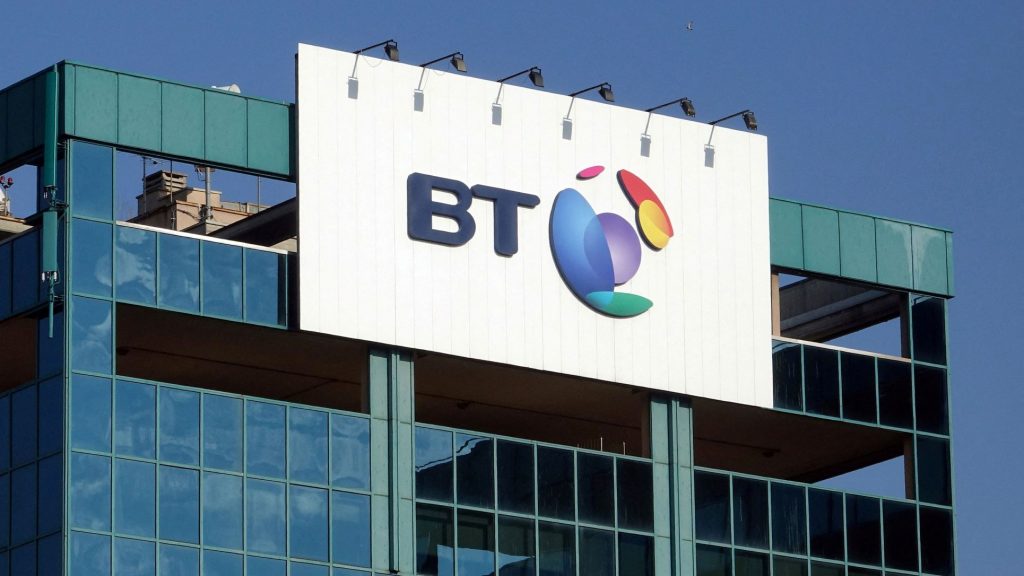BT And Toshiba Trial First Commercial Quantum-Secured Network

Britain’s BT and Japan’s Toshiba on Wednesday launched the first commercial trial of a quantum-secured network that will block vulnerabilities in encryption that will emerge when quantum computing becomes mainstream.
Professional services group EY will use the network to connect two of its sites in London, one at London Bridge and the other at Canary Wharf, the companies said.
Quantum computers are unreliable and costly today but the technology, which is being developed by companies including Google, IBM and Microsoft, offers the potential to crunch data millions of times faster than supercomputers.
Rather than storing information in bits – or zeros and ones – quantum computing makes use of a property of sub-atomic particles in which they can exist simultaneously in different states. They can then become ‘entangled’ – meaning they can influence each other’s behaviour in an observable way – leading to exponential increases in computing power.
BT’s Chief Technology Officer Howard Watson said quantum technology could potentially be used to break current encryption keys while data is being transmitted.
Quantum key distribution (QKD), however, uses photonics to transmit the encryption key in fibre networks, he said. If the QKD is hacked in transmission, its state is changed and therefore the attack will be detected in real time.
He said BT and Toshiba, with EY as their first trial customer, were “paving the way for further commercial explorations for quantum technologies”.
BT will provide the end-to-end encrypted links over its Openreach private fibre networks, while Toshiba is providing the QKD hardware and key management software, the companies said.
(Reporting by Paul Sandle; Editing by Mark Potter)




